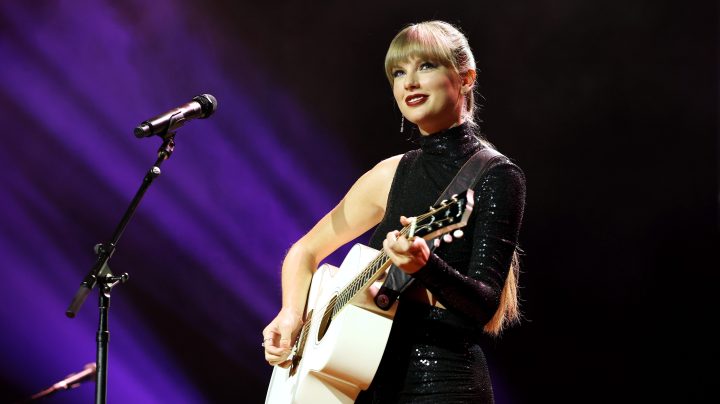
How Ticketmaster came to dominate live events (and incur the wrath of Taylor Swift fans)
How Ticketmaster came to dominate live events (and incur the wrath of Taylor Swift fans)

If you managed to nab Taylor Swift concert tickets this week … well, congrats. Lots of fans hoping to score tickets to the singer’s upcoming tour logged on to Ticketmaster’s site to find long virtual queues, error messages and full-on glitchy failures.
That’s gotten the attention of Sen. Amy Klobuchar, Rep. Alexandria Ocasio-Cortez and other elected officials, who allege the company is a monopoly. But how did Ticketmaster get so big, and why does it have so few competitors?
Every time a big artist goes on tour, fans complain about Ticketmaster and its huge service charges.
Those fees are key to Ticketmaster’s story. In fact, they’re how the company cornered the market 40 years ago, when then-new CEO Fred Rosen went to venues and promoters and said, “Let’s double the service fees on event tickets.”
“And they said, ‘Well why would we want to do that?'” said Dean Budnick, the co-author of “Ticket Masters: The Rise of the Concert Industry and How the Public Got Scalped.” “And Fred said, ‘Well, if we do that, Ticketmaster will share the revenues with you.'”
Before that, Budnick said, venues and promoters subsidized service fees. Having the ticket buyer foot the bill helped Ticketmaster convince around 80% of large venues in the U.S. to sign exclusive deals. When it merged with an events promoter and venue operator called Live Nation in 2010, its position got even stronger.
“You have this one company that has management clients, that owns venues, that owns the ticketing company and is promoting the shows,” Budnick added.
You can see why this might be problematic. A lawsuit filed earlier this year accuses Live Nation of refusing to book its artists at venues that don’t use Ticketmaster.
Starting a competitor would be tough. Ticketmaster has invested in technology that — despite the Taylor Swift crash — usually keeps things running smoothly and helps keep scalper bots away, according to David Brooks, senior director of touring at Billboard.
“I mean, you know, selling millions of tickets in an hour is not easy, right? It’s complicated stuff,” Brooks said.
Meanwhile, Taylor Swift fans (also known as Swifties) are hoping she’ll take on Ticketmaster the same way she took on Apple and Spotify. Brooks is skeptical.
“There’s nobody big enough, right? There’s nobody big enough to say ‘no’ to Ticketmaster,” he said.
Pearl Jam tried and failed in the ’90s. Brooks said it might be up to lawmakers to force Ticketmaster to say, “It’s me. Hi. I’m the problem, it’s me.”
There’s a lot happening in the world. Through it all, Marketplace is here for you.
You rely on Marketplace to break down the world’s events and tell you how it affects you in a fact-based, approachable way. We rely on your financial support to keep making that possible.
Your donation today powers the independent journalism that you rely on. For just $5/month, you can help sustain Marketplace so we can keep reporting on the things that matter to you.

















